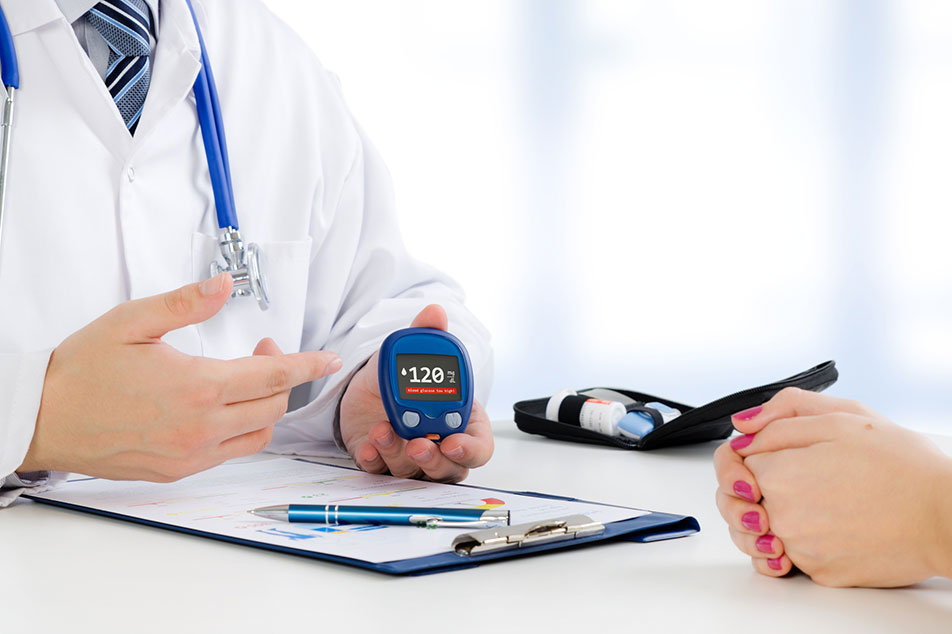
During any health issue, the onslaught of information can be overwhelming. A life-changing diagnosis like diabetes can seem insurmountable, but with help, you can find the right footing on your journey to a healthier life. Susan Bruick, RN, MSN, CDE, diabetes clinician, Parkview Health, helps explain the importance of having clear communication with your provider as you navigate a diabetes diagnosis.
Diabetes is a self-managed disease. Those living with it are usually instructed by their health care providers on how to take medication, check glucose levels, target blood glucose levels, foot examinations and how to properly count carbohydrates for each meal. Diabetics are also taught the proper steps to take when ill, traveling and even how often to see a dentist. While these important standards of care are necessary to achieve optimal health when living with diabetes so is communicating with your health care provider. All these steps are crucial and contribute to healthy living.
In the Diabetes Attitudes, Wishes and Needs study (DAWN), only 24% of people living with diabetes were asked by their health care provider, “How does having diabetes affect your life?” By addressing this question, those with diabetes can identify challenges and barriers to living with their diagnosis and their health care provider’s recommendations.
Building a trusting relationship with your health care provider that’s collaborative, rather than paternalistic, can help create a sense of autonomy in the individual living with the illness. This independence is directly related to the engagement in diabetes self-care behaviors. A few helpful tips that can help increase and build a collaborative relationship with your provider include:
- Being prepared and on time for your appointment.
- Making a list and prioritizing your concerns.
- Agreeing on goals of care to evaluate at your next appointment.
- Ensuring communication is clear and happening both ways.
- Being open and honest during your visit.
- Sharing your expectations and asking your health care provider to be non-judgmental.
Next steps
Talk with your healthcare provider about where to begin. Parkview’s Diabetes Treatment Center can also help connect you to resources that will help you meet your health and well-being goals. For more information about any outpatient programs, please call (260) 373-4280.